Slamming Pakistan in the wake of the terror attack at Pahalgam, All India Majlis-e-Ittehadul Muslimeen president and Hyderabad MP Asaduddin Owaisi declared that Pakistan is not merely lagging but remains half a century behind India. Speaking at a public meeting in Prabhani, Maharashtra, Owaisi sharply criticised Islamabad’s position, underlining the stark difference between the two countries’ progress and capabilities.
Addressing a gathering aimed at opposing the Waqf Act, Owaisi drew attention to the economic and military disparities between India and Pakistan. His remarks were pointed and deliberate, underscoring that Pakistan’s national budget does not match even the scale of India’s defence spending. “You are not just half an hour behind; you are half a century behind India,” Owaisi stated, eliciting strong reactions from the audience. He further emphasised that India’s advancements in technology, infrastructure, and governance had significantly outpaced Pakistan’s trajectory over the past decades.
The terror attack in Pahalgam, which targeted a bus carrying pilgrims and left several injured, has heightened tensions between New Delhi and Islamabad. Although the official investigation is ongoing, Indian security agencies have linked the attack to groups allegedly backed by Pakistan-based outfits. Owaisi’s remarks mirror the broader political sentiment that has been growing within India’s leadership, reflecting frustration over what is seen as Pakistan’s continued support for cross-border militancy.
Owaisi’s comments also come at a time when India is seeking to project strength on the global stage, both economically and strategically. With India’s GDP growth consistently outpacing many major economies and substantial investment in its military modernisation, political leaders are keen to highlight the contrast with Pakistan, whose economy has faced severe challenges. The International Monetary Fund has forecast Pakistan’s GDP growth at a modest 2%, a stark comparison to India’s estimated growth of over 6% for the financial year.
The Hyderabad MP, known for his outspoken views on foreign policy and national security, used the platform to challenge Pakistani leaders who have made provocative statements towards India in recent weeks. Owaisi dismissed such threats as empty rhetoric, reinforcing the perception that Pakistan lacks the political and economic leverage to confront India meaningfully.
While Owaisi is often critical of the Indian government’s policies on domestic issues, particularly concerning minority rights and religious freedoms, he has consistently taken a firm stance against Pakistan’s interference in Indian affairs. His criticism of Pakistan in the wake of terror attacks reflects a broader national consensus across political lines, with even opposition figures aligning with the government on matters of national security.
The Waqf Act, which was also the subject of the Prabhani meeting, has stirred considerable debate among Muslim leaders and organisations. Owaisi accused the government of attempting to weaken the autonomy of Waqf boards, which manage religious endowments, through the legislative changes. However, his remarks on Pakistan managed to overshadow the original agenda, drawing significant media attention and public discourse towards the broader geopolitical narrative.
Pakistan, meanwhile, has faced internal political instability, with frequent changes in leadership, economic distress, and security concerns undermining its governance. Analysts point out that Pakistan’s military spending, which once rivalled India’s during the height of their regional rivalry, has not kept pace with India’s expansive modernisation drive, which includes indigenous defence production, acquisition of cutting-edge technology, and a steadily growing budget allocation.
India’s current defence budget stands at approximately $73 billion, making it the third-largest in the world after the United States and China. Pakistan’s defence allocation, by contrast, remains around $7 billion, reflecting the financial strain and prioritisation challenges faced by Islamabad. Owaisi’s comparison, therefore, resonates with quantifiable realities, lending weight to his assertion during the public address.
The aftermath of the Pahalgam attack has seen intensified counter-terror operations in Jammu and Kashmir, with security forces conducting targeted raids to dismantle networks believed to be supporting militants. Indian officials maintain that efforts to combat terrorism will continue unabated, with diplomatic pressure also being exerted on Pakistan through international forums.
Owaisi’s comments further signify a growing trend among Indian political figures to adopt a hard line against Pakistan, particularly when addressing internal audiences. Analysts suggest that this rhetoric not only consolidates political support domestically but also strengthens India’s positioning internationally by demonstrating unity on security issues.
Despite strained relations, backchannel communications between New Delhi and Islamabad have occasionally surfaced, aimed at preventing escalation and maintaining a fragile peace. However, incidents like the Pahalgam attack severely disrupt any prospects for substantive dialogue, hardening positions on both sides. In this climate, voices like Owaisi’s, typically more critical of domestic governance, aligning firmly against Pakistan’s actions, send a strong message of national solidarity.
The broader regional dynamics, including the situation in Afghanistan and tensions along the Line of Control, add further complexity to the India-Pakistan equation. New Delhi has maintained that normalisation of relations is contingent upon Islamabad taking verifiable action against terror groups operating from its soil. Pakistan, meanwhile, continues to deny any involvement in cross-border terrorism, framing such allegations as politically motivated.
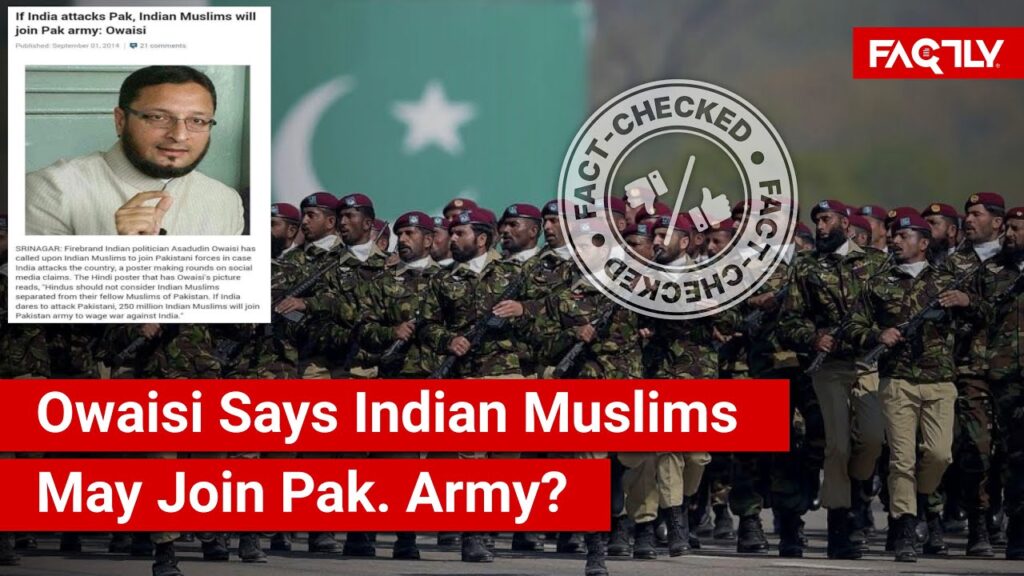
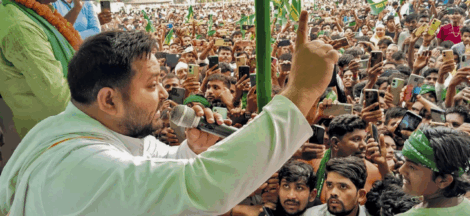
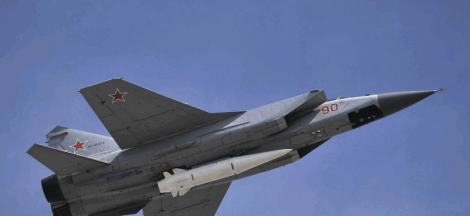
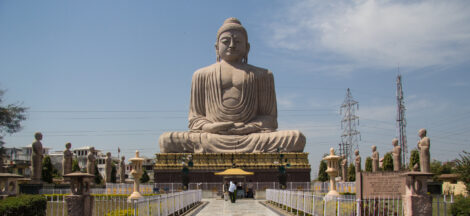
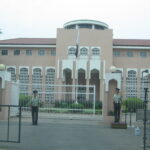 Beijing Urges Unbiased Probe Amid Rising India-Pakistan Strain
Beijing Urges Unbiased Probe Amid Rising India-Pakistan Strain 